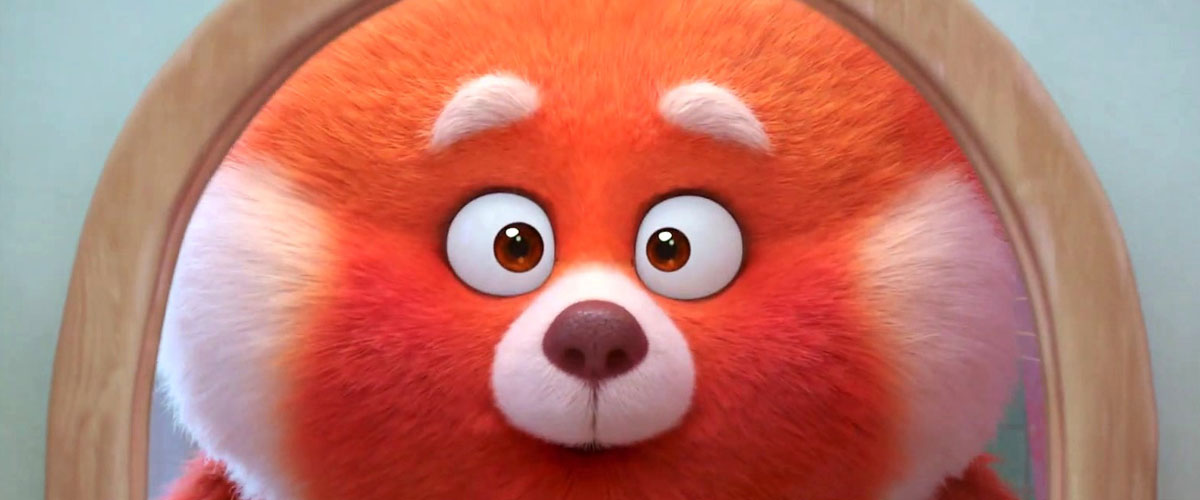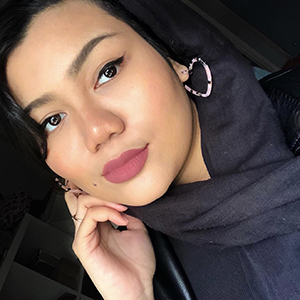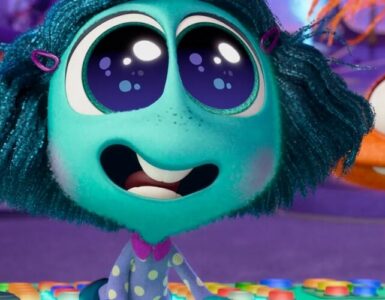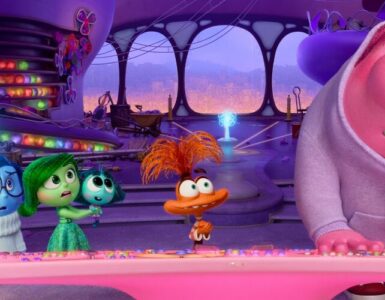It’s a story about a girl growing up in a city at the turn of the century, who, along with her friends, is chasing her boyband dreams, while trying to escape the control of her rather overbearing mother.
Flip the girl to a boy, and it’s a situation familiar to more teens – change the details and the relatability of this story can still be applied.
But what happens if the girl is Asian?
For many female Asian-Americans and Asian-Canadians, Pixar’s latest animated film Turning Red, currently streaming on Disney+, is a turning point. Directed by award-winning Bao director Domee Shi, this animated tale, originally slated for theatrical release, is the first of its kind for Pixar as it features the studio’s first Asian lead character and first female character in a feature film.
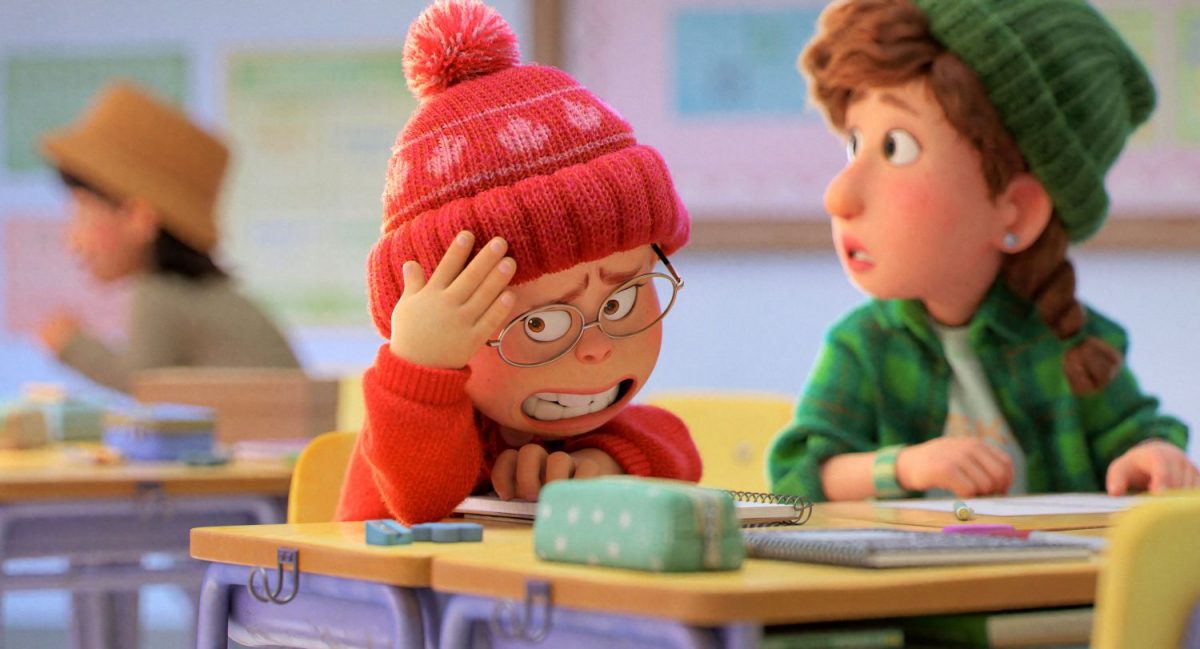
Whilst plenty of women and Asian-identifying folks around the world are celebrating the film for its honest approach to puberty and mother-daughter relationships, it didn’t earn the heart of everyone, including a particular review on CinemaBlend that was eventually taken down, after the male reviewer found the film’s overall messaging to be limiting. In an interview with Geek Culture, lead voice actress Rosalie Chiang addressed the double-edged sword of ‘relatability’ to a global audience.
“I respect his opinion because if you didn’t like the movie, or you didn’t relate to the movie, I’m not gonna force you and say, ‘Oh, no, you have to!’. It’s a completely valid opinion. I just hope people watch it and enjoy it for what it’s worth,” explained the actress.
“I’ve seen people relate to it. I’ve seen people not relate to it, but instead of looking at it and being like, ‘Oh, I don’t relate to this’, think of it as a door to a different culture and learning new things because everyone has a different story to tell. Culture is such a big influence on families and people, so just look at it as a door to another culture.”
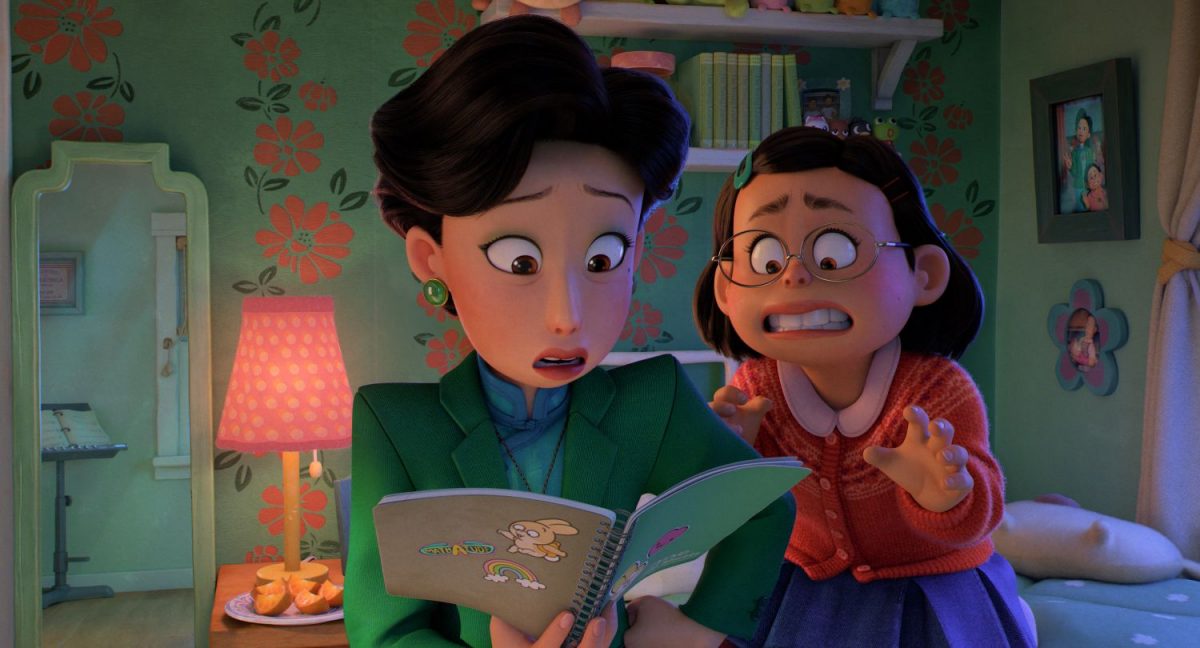
In the film, Chiang voices Mei Lin, a 13-year-old, boyband-obsessed Toronto tween bent on honouring herself, as well as her tiger mom Ming (Sandra Oh). One day she wakes up and finds herself morphed into a giant red panda. Confused and terrified of the change, Mei slowly learns to embrace this part of her – of course, not without the interference of her mother and family members along the way.
“I think the fact that it’s a coming of age story, though it is from an Asian perspective, the core sense of change and messiness is something everyone goes through so everyone can relate to it. It’s kind of done in a different quirky way,” expressed Chiang.
A metaphor for reaching puberty and menstruation, Chiang acknowledges that it’s not a universal experience for every viewer. However, that doesn’t mean that the film is bad or unworthy of the love and praise it did receive. Instead, Chiang suggests that viewers take on a different lens and learn what they can from the coming-of-age film.
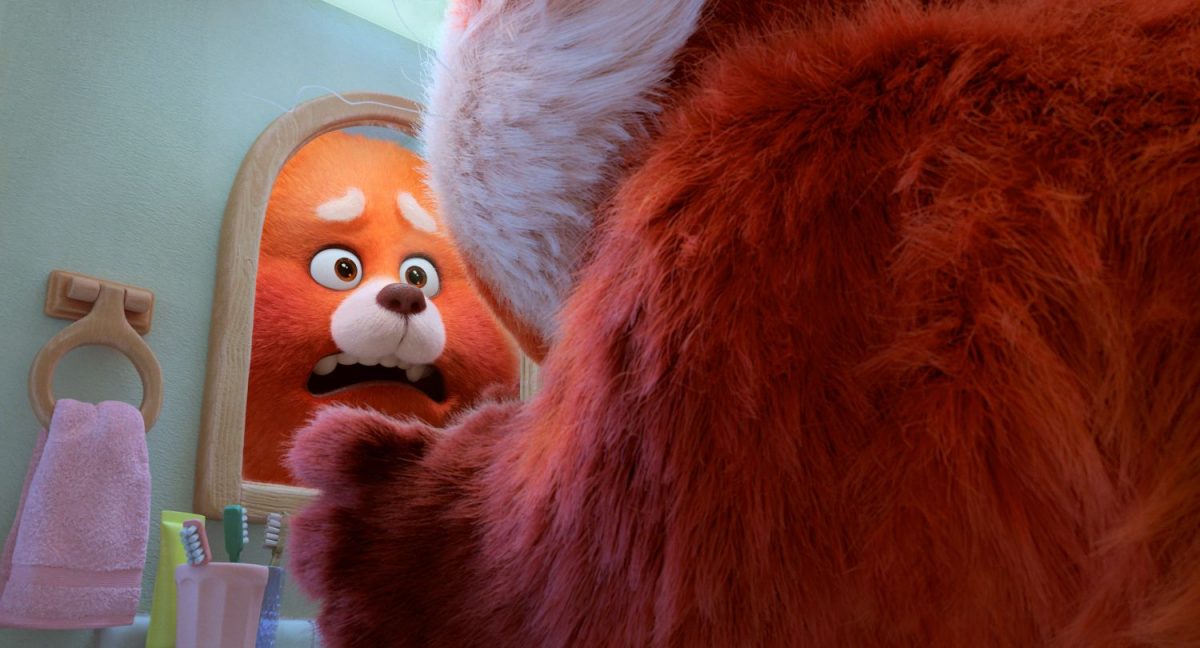
Relatability has always been a core factor for plenty of successful Pixar films. Whether we’re looking at monsters that scare children in the dark or toys that go on nationwide adventures, Pixar films bring an emotional rollercoaster full of tears and laughter. Audiences can see themselves, their true selves, reflected on the screens in front of them through beautifully animated characters. Plus, there was always a takeaway that one can learn.
Whilst Chiang didn’t have the privilege of seeing someone so akin to her on screen, the 16-year old took a liking to Inside Out. It taught the young actress the importance of sitting with her emotions, no matter how difficult they were.
“I actually did not have many movies I related to growing up, but one is probably Inside Out. In the movie, Joy wants to believe happiness is the best emotion, that you should always be happy, and you should not cry and not be sad. But as the movie progresses you realise that sadness is okay and sadness is what brought Riley’s family together and I think that’s something I really related to because I always thought I shouldn’t cry. I shouldn’t be sad. But at the end of the day, those emotions are completely valid,” shared Chiang.
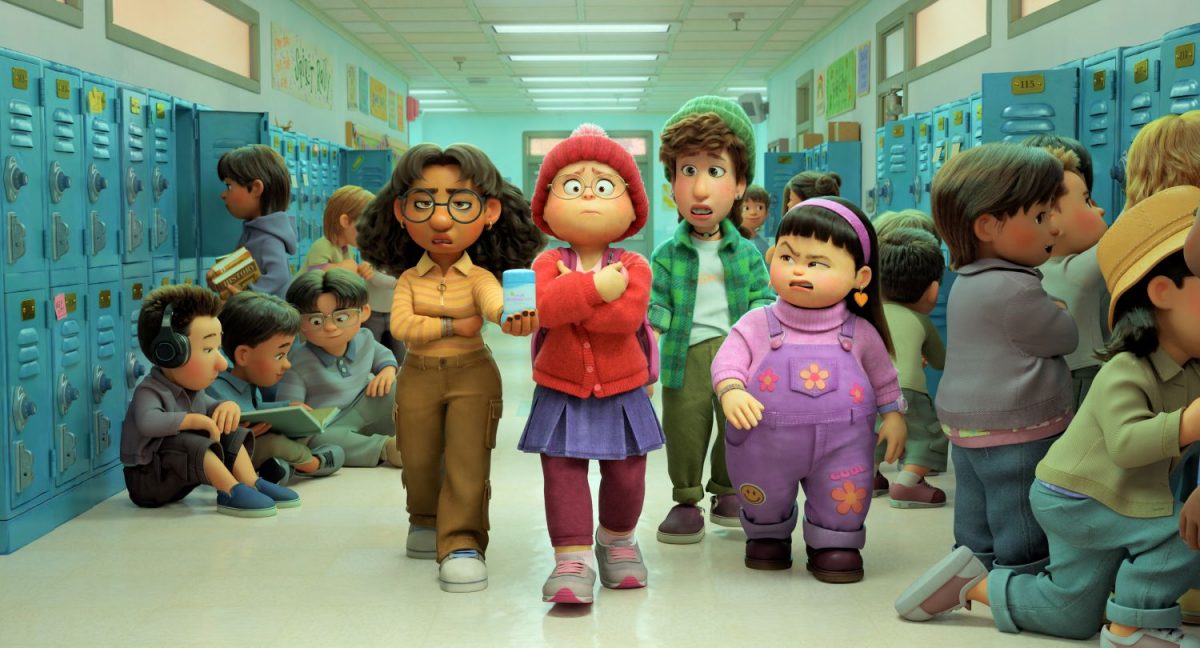
As for Turning Red, the takeaway Chiang wishes viewers will remember is that change is normal, and that healthy female friendships are extremely important and attainable.
“This is a group of tween girls. They’re still children and because they’re children, they just support each other. And I mean, my friends, I’ve known for forever, I’ve known my entire life and we would never backstab each other or any of that sort of cattiness. Though I have had friends who just came and go for different reasons, I think kindness can exist,” said Chiang. “I do understand when a TV show portrays [female friendships] like that, and I think Turning Red is just a fresh breath of fresh air.”
Although Turning Red recently premiered on Disney+ on 21 February, the movie was two years in the making and the memories of her audition then are still fresh in her mind.

“It was a journey. When I first got the audition, I didn’t know it was for Pixar but I didn’t really think it was a big deal. So I did the audition and then I got a callback screen. Callback actually took place at the Pixar Animation Studios and that’s when I realized, ‘Oh my gosh, this is a huge deal.’ After the callback, I met Domee and then a few days later, I got an email saying I booked it but for scratcher party,” recalled the actress.
“For two years I did scratch recordings. After the two years, Domee said, ‘ Oh, we’re just gonna bring in this camera and we’re gonna do this behind the scenes things’. I said, ‘Okay’ and then that’s where she surprised me. I was so in shock and I was kind of crying laughing.”
Agreeing to the role was easy for Chiang. Aside from the fact that it was a Pixar film, she saw a part of herself and her mother in the relationship between Mei and Ming. Especially with regards to how strict her parents can be and the frustration Mei experiences in trying to grow up with an overbearing parent.
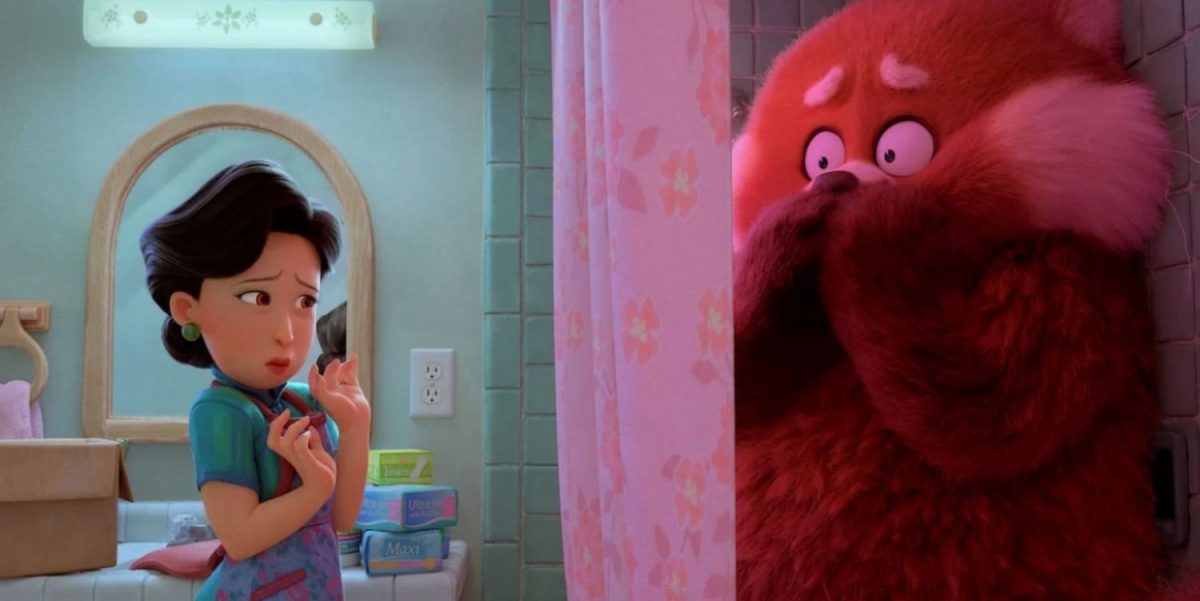
“Ming and Mei’s relationship is definitely very similar to my relationship with my mother, in that my mother can be a little overprotective, a little strict. It was very easy for them to twist it and make it seem like Ming is a horrible person who’s doing these horrible things to her daughter but at the end of the day, it’s motivated by love,” explained Chiang.
“Ming and Mei are both very opinionated people just like me and my mom and because they have this difference in opinion, they clash, but at the same time, Mei wants to do her own thing but a the same time keep a relationship with her mother because she loves her mom more than anything in the world just like me and my mother.”
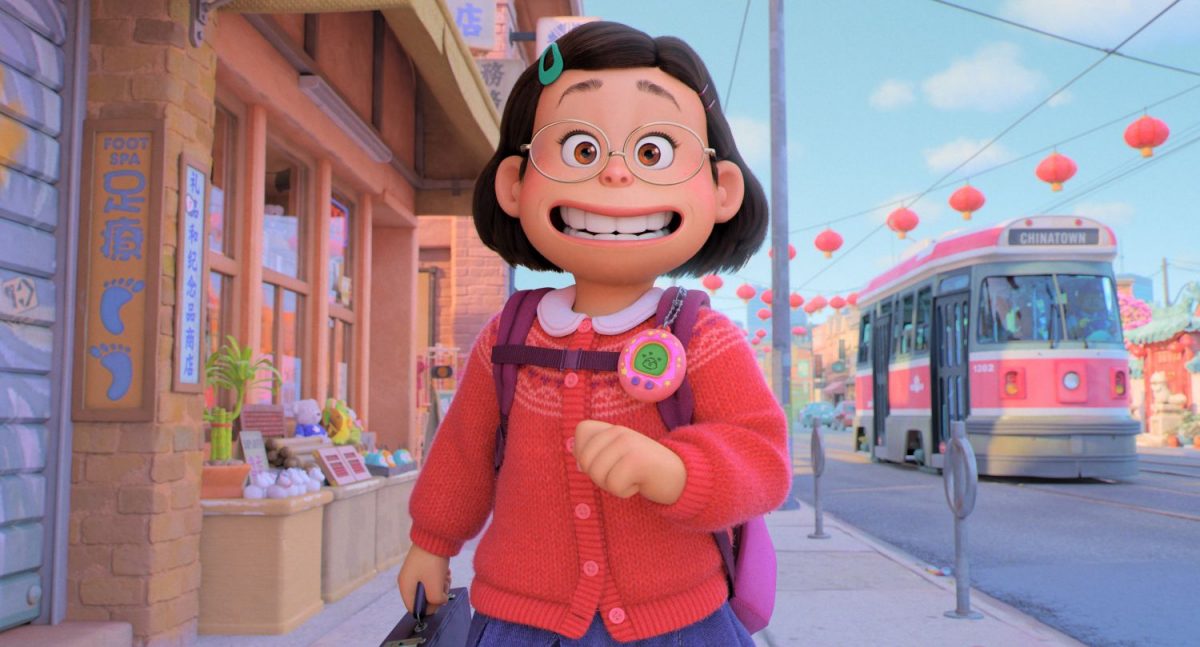
Whether or not you’re an Asian person, a woman or familiar with what it’s like to be born into a family with helicopter parents, Chiang wholeheartedly believes that the film will help viewers in one way or another and will remind them that no matter what life throws at you, things will always turn out okay.
”Change is okay, everyone goes through change. It’s going to be weird and awkward and messy, but since everyone goes through it, you’re not alone.”
Directed by Domee Shi, Turning Red is now available on Disney+.

